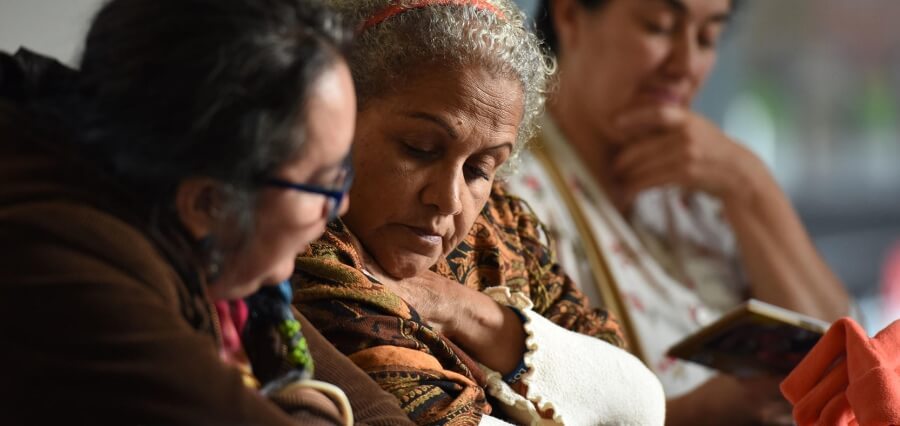For Australia and the Pacific Island nations, security, economy, and strategic interests all depend on a stable and peaceful Pacific area. An inclusive security that recognises the important contributions that varied Pacific women make to mediation, peacebuilding, and humanitarian assistance is essential to achieving this.
The Women, Peace and Security (WPS) agenda, outlined in United National Security Council Resolution (UNSCR) 1325 and subsequent related resolutions, addresses the underappreciated and underutilised contributions made by women to conflict prevention and resolution, peacekeeping, and peacebuilding. It also offers a legally required framework for action to develop inclusive roles, processes, and agreements.
The Pacific Island nations have embraced the idea of inclusive security. The Boe Declaration and the 2050 Strategy for a Blue Pacific Continent both acknowledge a broadened definition of security that places an emphasis on human security and takes into account challenges like transnational crime, economic risks, and climate change. In order to accomplish this, both texts promote inclusive approaches that address the exclusion of women, young people, and other marginalised groups.
In addition, the UN, Pacific Islands Forum, and Secretariat of the Pacific Community collaborated to produce the 2012-2015 Regional Action Plan for Women, Peace, and Security. It gave Forum Members and Pacific Territories a regional framework for advancing women’s leadership in conflict prevention and peacebuilding, mainstreaming gender in security decisions, and ensuring the protection of women’s and girls’ human rights. While this regional plan has not been updated or renewed, a number of nations and areas have created their own action plans, including Australia (2012-2018 and 2020-2029), the Autonomous Region of Bougainville, the Solomon Islands, and Papua New Guinea.
Read More: https://ciowomenleaders.com/




